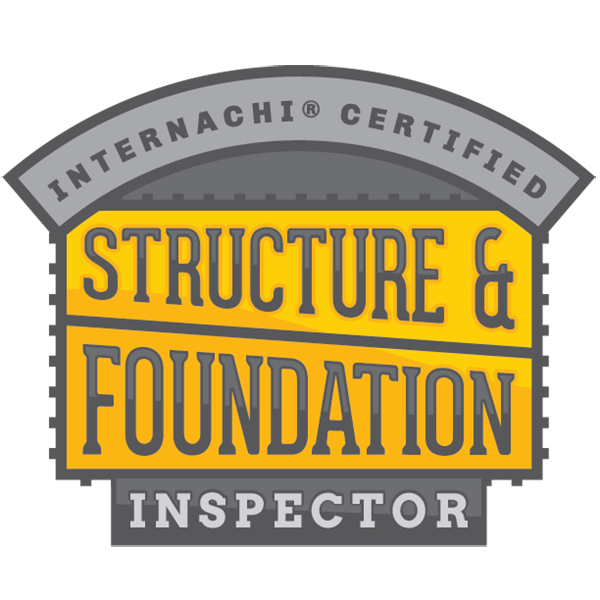Why should a seller get a home inspection?
A home inspection is typically thought of as being for buyers. A buyer will get a home inspection done of the house they want to buy in order to get a better understanding of the property and to negotiate with the seller any repairs that need to be done. However, a home inspection can be just as valuable to sellers. How? For all the same reasons as a buyer! The purpose of a home inspection is to determine the condition of the house by identifying deficiencies and future hazards. Knowing this before putting a house on the market can help a seller make necessary fixes, which makes the house more lucrative to begin with, and put the buyer more at ease. A seller’s home inspection may increase the likelihood of showings, and reduce time on the market. A seller’s home inspection can keep everyone from being caught off guard, so here are four home inspection tips for sellers.
4 Home Inspection Tips for Sellers
Consider disclosure and honesty
If you get a pre-listing seller’s home inspection, state disclosure laws may compel you to disclose everything your inspector finds. The risk here is that if you do a pre-listing home inspection and pay for any repairs or changes, you may end up spending money on things a buyer would have otherwise overlooked or let slide. However, it is more likely that a buyer’s home inspection will bring to light what would have been found anyways. While you may want to look at your state’s real estate disclosure laws, it is always important to be honest when you are selling a home. This will better serve you in the long run, as being upfront and transparent will make a buyer feel more comfortable.
Gather your records
As the homeowner, you know your house best. Before your seller’s home inspection, think about major repairs you’ve made to the house, what condition the house was in when you originally purchased it, and anything odd you’ve noticed or considered fixing. This way, you can inform your inspector of anything they may need to know about and be able to answer any of their questions. This will also help you know what to focus on when evaluating your inspection report. Bring receipts for major repairs, warranties, and any other relevant documents to the inspection.
Make the house easily accessible
A home inspection is non-invasive, meaning that the home inspector isn’t going to examine anywhere in the house that isn’t accessible. No one is going to be ripping up floorboards or breaking down walls! But this means that for the most thorough inspection possible, you’ll want to clean the house and make sure areas like the fireplace, basements, attics, garage, HVAC systems, fire/smoke alarms, and electrical systems are easy to access. If you’re not going to be present for the inspection, make sure your inspector has all of the keys they need to access all parts of the property. Make sure your utilities are on for the inspection, and if possible, try to get any pets away during the inspection as well.
What to do at a buyer’s home inspection
Even if you get a pre-listing home inspection, the buyer will also have a home inspection done. For this inspection, it is best if you aren’t present, but all the tips above apply, including having the proper paperwork ready and making sure the house is easy-to-access. Don’t be surprised if the buyer’s home inspection finds new issues that you weren’t aware of or that your pre-listing home inspection didn’t find. Inspecting isn’t an exact science, and different home inspectors will naturally notice and catch different things. If you feel overwhelmed by the new list of fixes, work with your agent to negotiate with the buyer.
What Can Forever Home Inspection Do for Sellers?
Forever Home Inspection offers a seller’s home inspection, along with five other types of inspections to fit every need!
Our team has completed over 1,200 home inspections.
We offer a FREE termite inspection with every home inspection.
Simple scheduling and transparent flat-rate pricing!
Your inspection report will be ready by 5 pm the following business day after your inspection.
Ideas sourced from: https://www.homelight.com/blog/home-inspection-tips/





